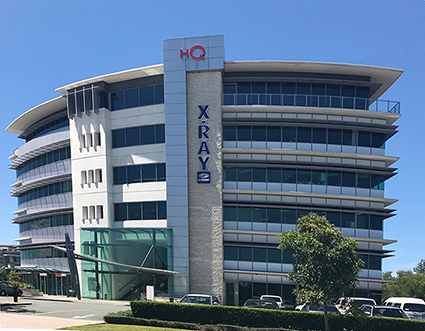Oral Surgery
Dental injuries include damage to the lips, gums and tongue as well of the teeth. They can result from sport or road traffic accidents, fights and falls. The most common injury is a broken or lost tooth.
Injuries to the teeth
There are three common types of injury
- Broken or fractured teeth. Your surgeon will examine your mouth and may take X-rays to assess assess the damage. If the broken tooth has left a sharp edge that might cut your tongue, lips or cheek he may smooth this with a drill or insert a temporary filling. A permanent filling can be inserted at a later date.
- Loose teeth. If the tooth is loose but still in the socket your surgeon may “splint” it into place. This will allow the tooth to heal in the correct position.
- Avulsed teeth. An avulsed tooth is one that has come completely out of its socket. The usual treatment is to re-insert the tooth into the socket as soon as possible and then use a splint to keep it in the right position and prevent further movement. The success of this procedure will depend on how long the tooth has been out of the socket and how well it was looked after during that time.
A badly damaged tooth that can’t be saved may be replaced immediately with an implant and a temporary crown.
A dental splint is generally made from clear plastic and fits over your teeth like a mouth guard. These kinds of splints must fit your mouth precisely, so your dental surgeon will take impressions of your teeth then create one especially for you. This will often stays in place with suction though it may need to be cemented into place to prevent any movement. Occasionally you dental surgeon will use a thin wire to attach the damaged tooth to nearby healthy teeth. Splints are left in place for between one and two weeks.
Injuries to soft tissue in the mouth
Your dental surgeon will carefully remove any foreign material such as glass or dirt from the wound and stop any bleeding before closing the wound with stitches. These stitches do not need to be removed since they are dissolvable but they often take several weeks to disappear.
This will depend on the type of injury and the treatment required.
- Local anaesthetic The surgeon injects a local anaesthetic into the gum. This numbs the area around the tooth so you won’t feel any pain as the tooth is removed. This is the best option for straightforward treatment of broken teeth or simple soft tissue repairs.
- General anaesthetic For more complicated procedures the surgeon will use a general anaesthetic, which puts you to sleep completely.
The mouth is a sensitive area so injuries can be painful. There may also be some swelling and bruising around the site of injury which could take up to a week to disappear. You may need to take regular painkillers, such as Ibuprofen, for a few days and your surgeon may prescribe a course of antibiotics.
It’s important to avoid biting too hard on a splint so you will need to eat a soft diet. You should also be careful not to bite on any swollen areas.
It’s also important to keep your teeth and mouth as clean as possible with regular, gentle tooth brushing. You can also rinse your mouth with a recommended alcohol-free mouthwash or a flat teaspoon of kitchen salt dissolved in a cup of warm water. Aim to let as little food debris as possible collect around the splint or injured teeth as possible.
You should avoid contact sports for as long as your surgeon recommends.
Your surgeon may recommend that you take some time off work but this will depend on the type of injury you have sustained and the kind of job you do. It’s important that you don’t drive or operate machinery for 24 hours after Intravenous sedation or 48 hours after a general anaesthetic.
If you need an appointment for a review it will be arranged before you leave hospital.
Your surgeon will explain all aspects of the procedure and possible outcomes before arranging for you to have surgery. You will also leave the hospital or surgery with everything you need for further care. If you have any questions or concerns before or after your surgery, please contact the Oral Surgery Implant Group.

